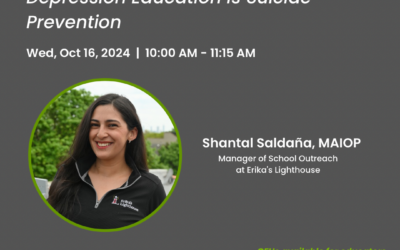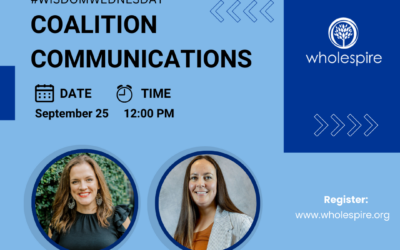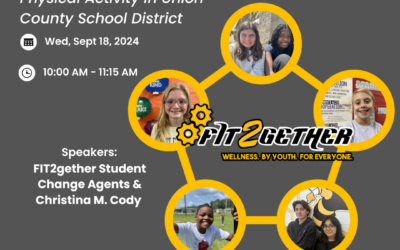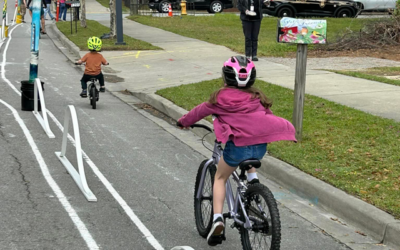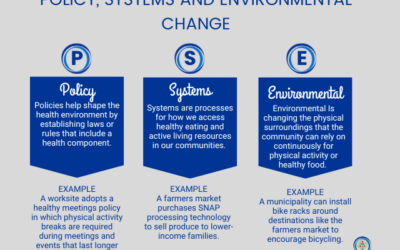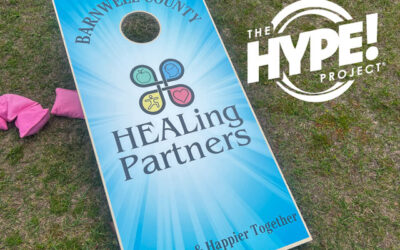https://youtu.be/a_8_a7iQCZ0
Connecting Communities and Schools
Coalition Communications
https://youtu.be/6GnmoTgkYpM
Successfully Providing Physical Activity in Union County School District
https://youtu.be/cu2Q_7uiKV4
Civic Engagement and Voting: Your Vote is Your Voice and You Should Use It!
At Wholespire, we’re in the business of inspiring you and your neighbors to engage with each other to make South Carolina a healthier place to live. And whether we’re discussing how to do that with our family, friends, or even strangers in the grocery line, the most...
Jumping Through Hoops: Navigating the Challenges of a HEAL Mini-Grant
Oakwood-Windsor Elementary School students have access water while enjoying recess. Sometimes, even the best plans run into unexpected challenges, especially during the procurement process. When your mini-grant project doesn’t go as planned, it can be discouraging,...
Walkability Efforts in South Carolina: Small Steps Matter
By Adrienne Patrick A pop-up bike lane demonstration in the Cayce-West Columbia, South Carolina arts district. Last summer, Wholespire, with support, guidance, and funding from the South Carolina Department of Public Health (formerly the SC Department of Health and...
PSE Simplified: Determining if your project is a PSE change or program
Wholespire provides grant opportunities to communities across South Carolina for implementing a policy, system or environmental (PSE) change project. It’s a concept that can be challenging to explain and understand. To prepare you for any upcoming grant opportunities...
Barnwell HYPE team helps low-income families and influences more improvements for public housing
According to the U.S. Census Bureau, 43 percent of children under the age of 18 in Barnwell County live below the poverty level. Because of their parents’ economic status, those children face more health disparities and inequities than others. For the majority of...
Tips to consider when writing a Wholespire grant proposal
Funding your organization’s mission isn’t always easy, especially for non-profits. A lack of direct income means you often have to rely on external funding sources to support your work. This is a good opportunity where grants can help. While working with a grant...

